Principles and practices, Hardware
Ethics and safety are essential considerations throughout (and beyond!) this class. We also look at hardware for biology, and how to build it.
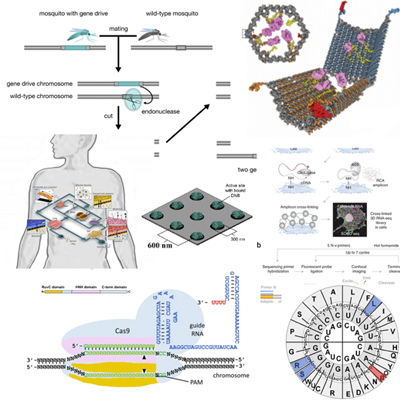
Ethics and safety are essential considerations throughout (and beyond!) this class. We also look at hardware for biology, and how to build it.
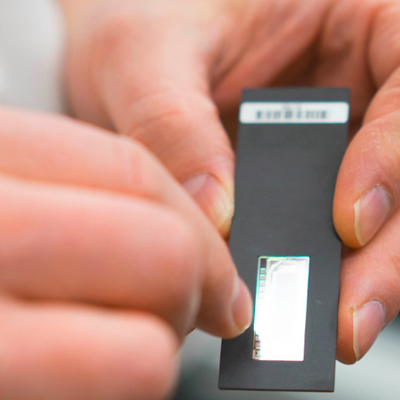
Synthetic oligonucleotides (oligos) enable us to assemble novel DNA sequences or create copies of existing genes.

DNA modification is fundamental to design in synthetic biology. For this week's assignment, you will learn to read DNA sequence files and see physical changes you will make to DNA molecules.
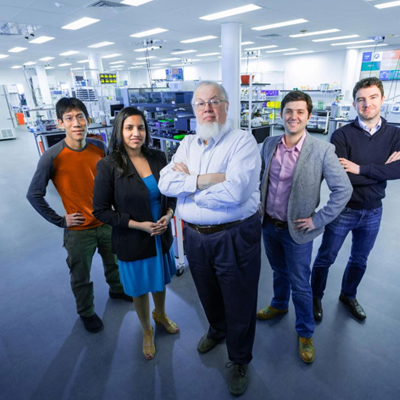
How does engineering in biology differ from engineering in other fields? Learn what design principles can be applied to microbes, which are products of evolution.
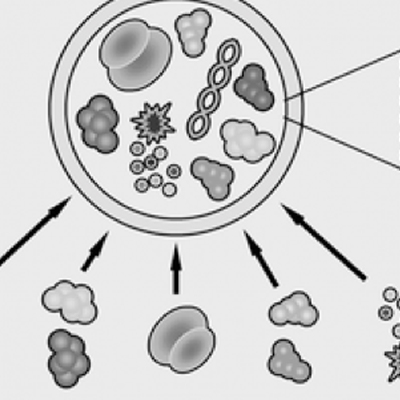
In this class we will discuss what is a synthetic cell, what are they good for, and how to make them.
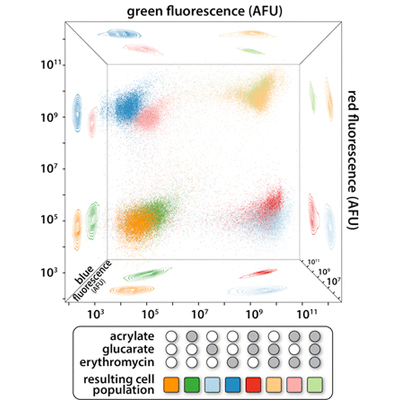
Create and use biological sensors and look at computational protein modeling.

In the biofabrication and additive manufacturing module we will discuss how we can use naturally derived materials for making and building.
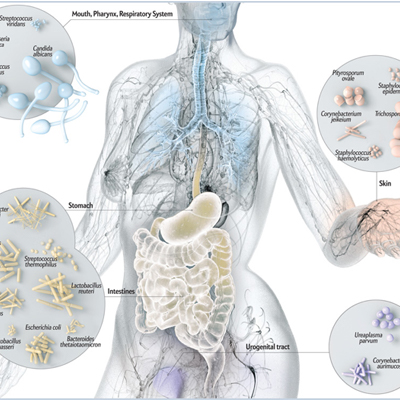
Design and build devices to simulate part of the human microbiome.
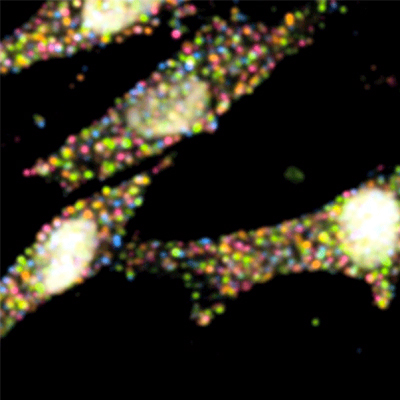
In this class, we will discuss the rationale for developing measurement technologies ("read") to complement these engineering tools ("write")
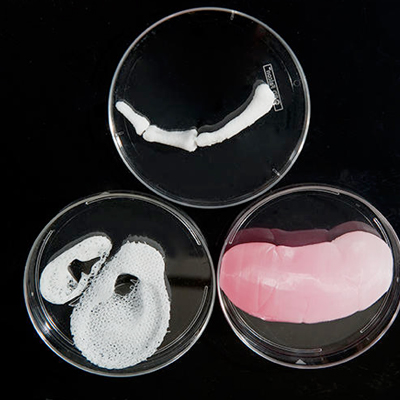
In this class we will discuss the biomimetic paradigm for tissue engineering (i.e. how to mimic developmental biology so as to grow tissues in the laboratory).
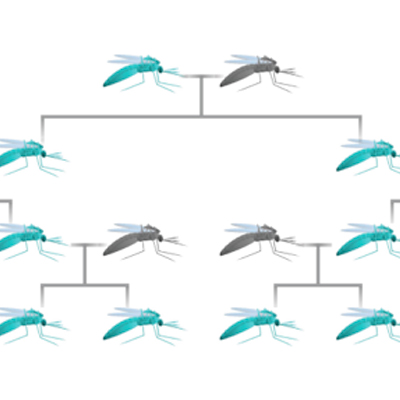
Learn about human-designed technologies minimize interactions to enable modularity; genetic circuits evolved to promote a complex web of interactions that inhibit modular design.
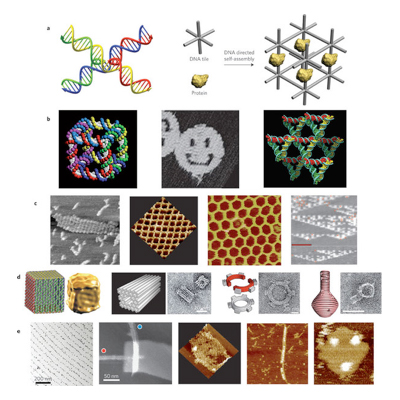
Follding DNA into whatever shape you like? Learn how to use caDNAno and in this class about DNA nanostructures.
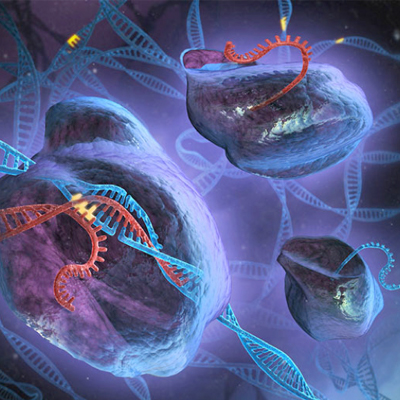
Genome Design. Challenges of making multiple changes at once. Safety and containment considerations.